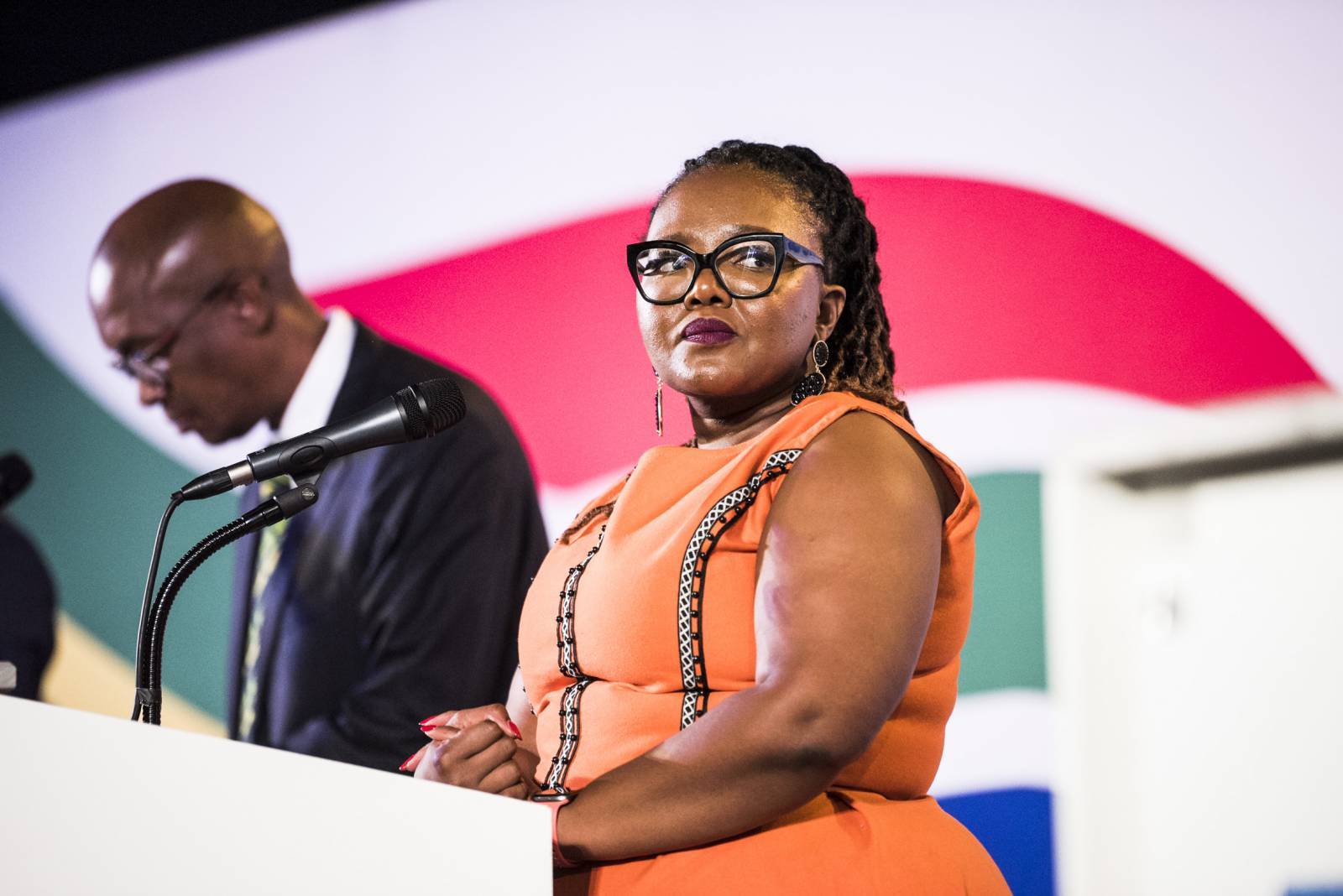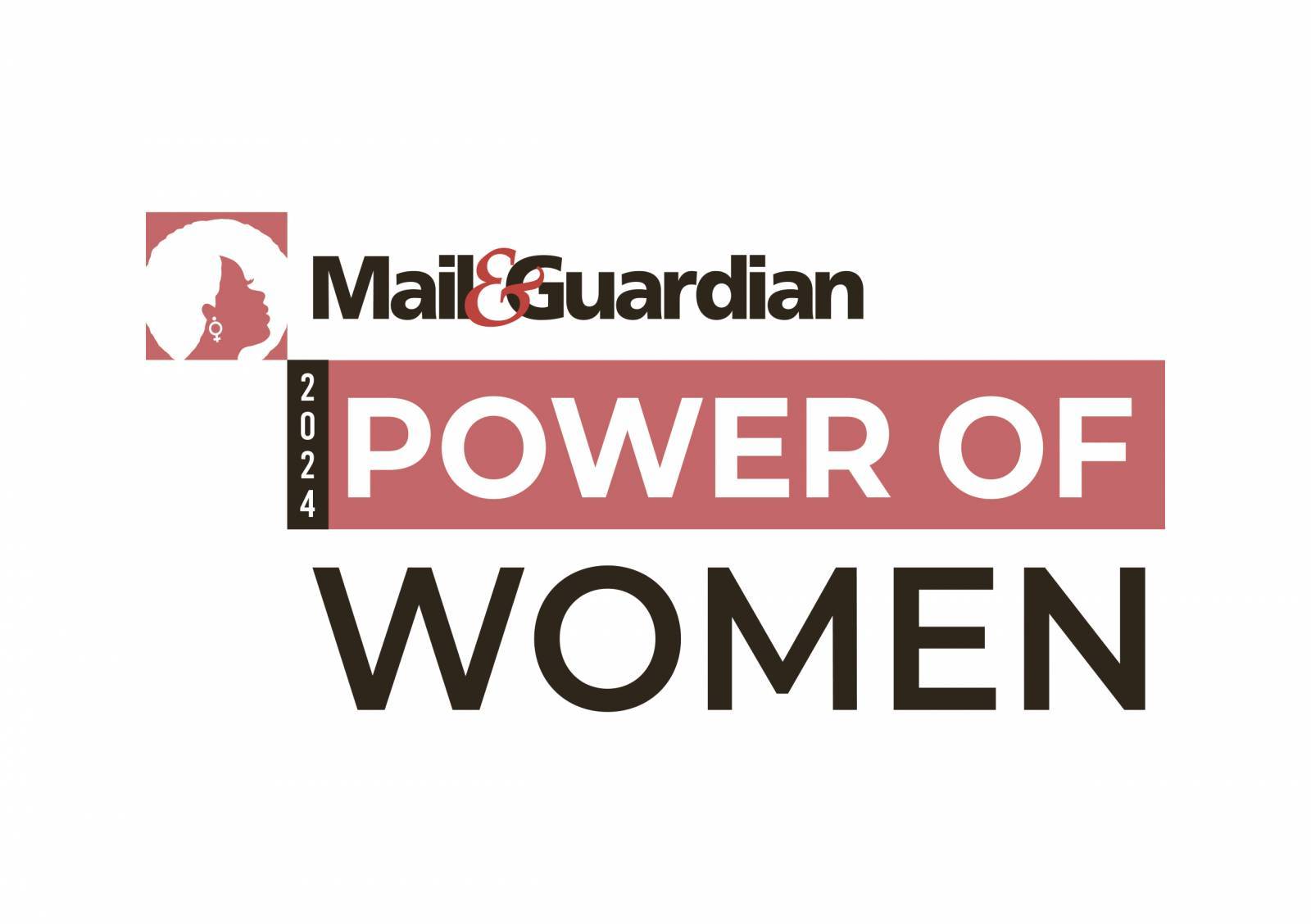If ever the South African motoring public acknowledged that it owed a debt of gratitude to anybody, Malcolm Kinsey would be the man. Fifteen years ago the Durban-based motoring journalist decided to do an analyÂsis on comparative parts pricing of the most popular cars sold in South Africa. The results shocked the industry, and within weeks the companies that had been named and shamed undertook a massive repricing exercise. Kinsey has conducted his Kinsey Report annually since then, and even though the importers and manufacturers know what to expect, some are still caught with their pants down.
Red-faced importers now frequently take the latest report to their parent companies, complaining that their parts prices are driving South African customers away. The savings brought about by Kinsey’s hard work over the years are incalculable, but some sources quote a figure of R1billion as not being unrealistic.
Kinsey’s research has been fine-tuned over the years to be fair to the manufacturers and give the public the information they need. Buyers of new cars may not be too concerned about servicing costs if the vehicle they bought comes with a service plan, and the factory warranty removes the burden of worrying about most other spares.
New cars are usually insured against accident damage, so many buyers don’t give a damn if a new bonnet costs R15Â 000 compared with the R3Â 500 charged by the opposition. It’s worth remembering, however, that cars that are expensive to fix are also expensive to insure, so there is a secondary effect.
People buying second-hand cars should also be concerned about the costs of body parts — if a six-year-old car worth, say, R50Â 000 suffers R45Â 000 worth of damage in an accident, it’ll be considered a write-off. A similar car that costs R20Â 000 to fix will still be considered worthy of repair.
Kinsey divides the cars in his survey into four classes — entry level, “B” Segment, “C” Segment and Family Sedan. Prices are sourced for samples of three categories of spares: service parts, repair parts and crash damage parts. Each category is totalled, with the overall cost of the parts basket also being reflected as a percentage of the vehicles’ new prices. The overall cost is also shown as a percentage of the vehicles’ selling price.
Kinsey says this year’s survey has been the most difficult so far to carry out. One dealer forgot to include VAT in the prices, as was clearly requested, and some dealers failed to update their monthly price lists on their computers. Parts interpretation was also the worst ever, possibly due to inadequate training programmes. He also says it is well worth shopping around for prices as some dealers charge much more for spares than other dealers selling the same brand.
Winners and losers
Entry Level (under R90 000)
The Toyota Tazz, which ceased production in July, was omitted this year, leaving its old competitor, the VW Citi 1.4, to win by a large margin. The parts basket for this car cost R12Â 786,55, or 17,42% of the vehicle’s R73 390 selling price.
Close behind came the Ford Ka and the Opel Corsa Lite, with the Corsa coming in second on price at R17Â 857,03 (25,51%) and the Ford pipping it insofar as the percentage of the car’s initial price was concerned, with 25,10% (R22Â 024,98). The Chev Spark 1.0 LS (R21Â 651,70), Kia Picanto (R23Â 034,78) and Fiat Palio 1.2 GO (R24Â 686,25) were middle-of-the-road, but the Daihatsu Charade CX rated poorly with its spares basket costing a whopping 38,99% of the car’s purchase price, or R27Â 291,96.
‘B’ Segment
Competitors here included the VW Polio 1.6 Trendline, Opel Corsa hatch 1.6 Sport, Peugeot 206 1.4 XS Line, Renault 1.4 Clio, Toyota Yaris T3, Ford Fiesta 1.4i Trend, Honda Jazz 1.4i Dsi, Hyundai Getz 1.6 HS, Nissan Micra 1.4 Comfort and Citroen C2 1.4 VTR.
Here the VW Polo clinched the lowest parts basket cost (R22Â 068,95) and the lowest percentage (18,16%), with the Renault Clio coming in second on cost (R23Â 195.05) but losing out to the more expensive Corsa Hatch (18,44%) and Peugeot 206 (20,02%) on the percentage calculations. VW spares came in under the R25Â 000 mark, with Opel, Peugeot, Renault, Toyota and Ford all managing to stay below R30Â 000. The Honda (R31Â 899,92), Hyundai (R31Â 209,76) and Nissan (R32Â 391,06) were all close, but the Citroen failed dismally, with its spares costing R43Â 824,06, or 36,52% of the vehicle price.
‘C’ Segment: 1600cc Medium
The Toyota Corolla 160i narrowly pipped the six cars in this category on parts basket price (R24Â 295,70) and percentage (15,23%), followed by the Ford Focus 1.6, also on price (R25Â 678,49) and percentage (15,76%). The Seat Ibiza ranked third in both categories, with R28Â 267,47 and 18,33%.
Spares for the VW Jetta Trendline cost R32Â 400,20, or 18,74% of the car price, with the Mazda3 1.6 Active slotting in next at R32Â 597.39 (21,73%). The Opel Astra 1.6 Essentia brought up the rear at R39Â 066,19 (24,36%).
Family Sedan
Of the five cars evaluated here, the Mazda6 2.3 Dynamic came first on pricing (R42Â 746,20) and percentage (19,08%). The BMW 320 and Audi A4 2.0 were close behind at R45Â 978,73 (19,57%) and R45Â 549,44 (19,89%) respectively. Mercedes-Benz C180 Classic spares cost R53Â 735,91 (21.16%) and the Volvo S40 2.4i came in at R53Â 570,07 (23,60%).


